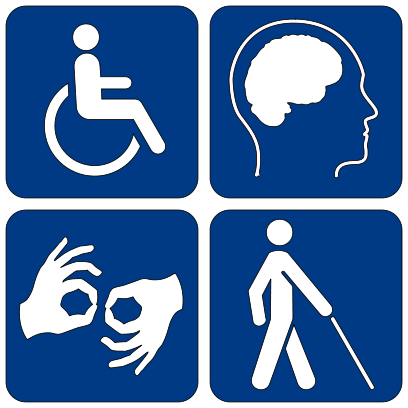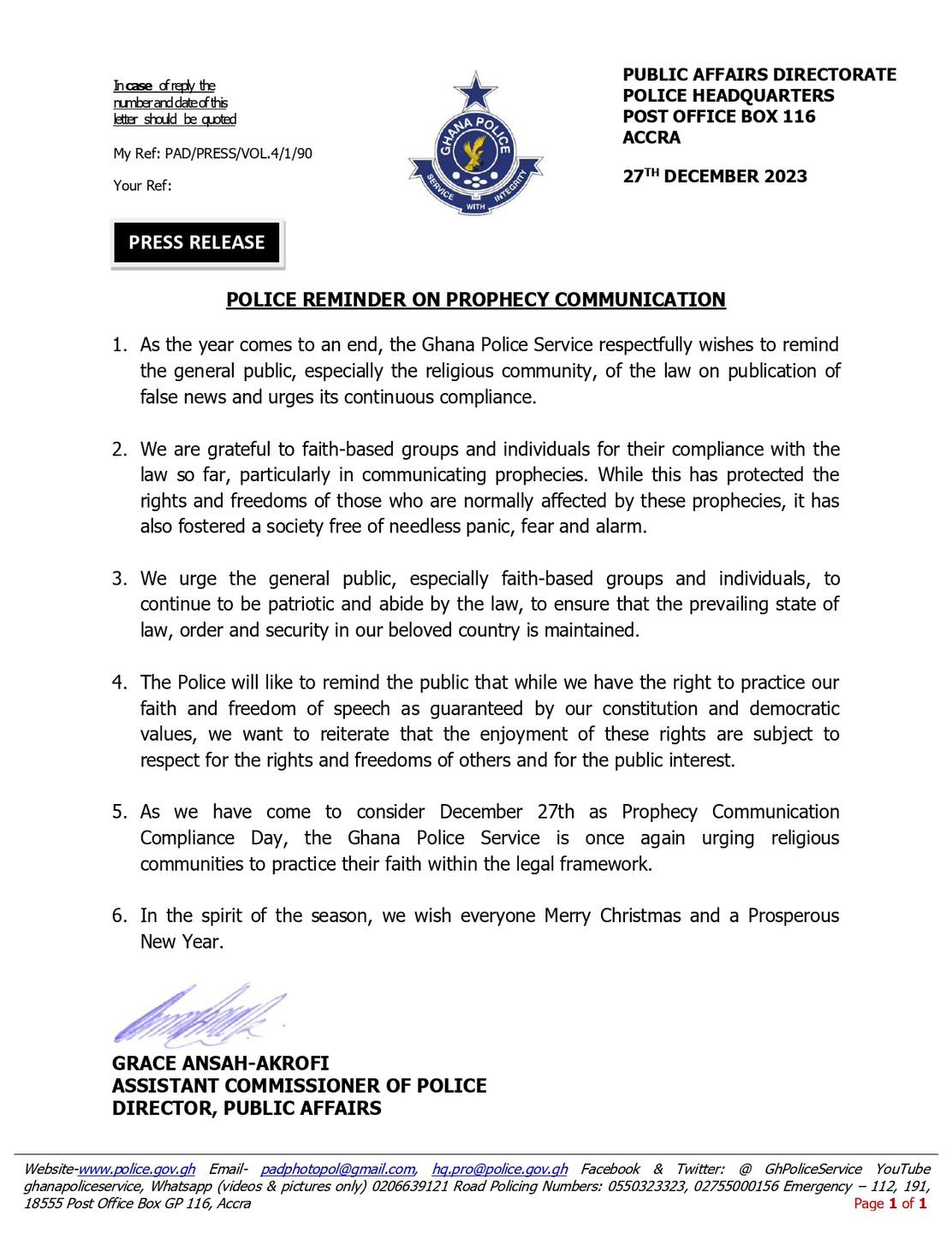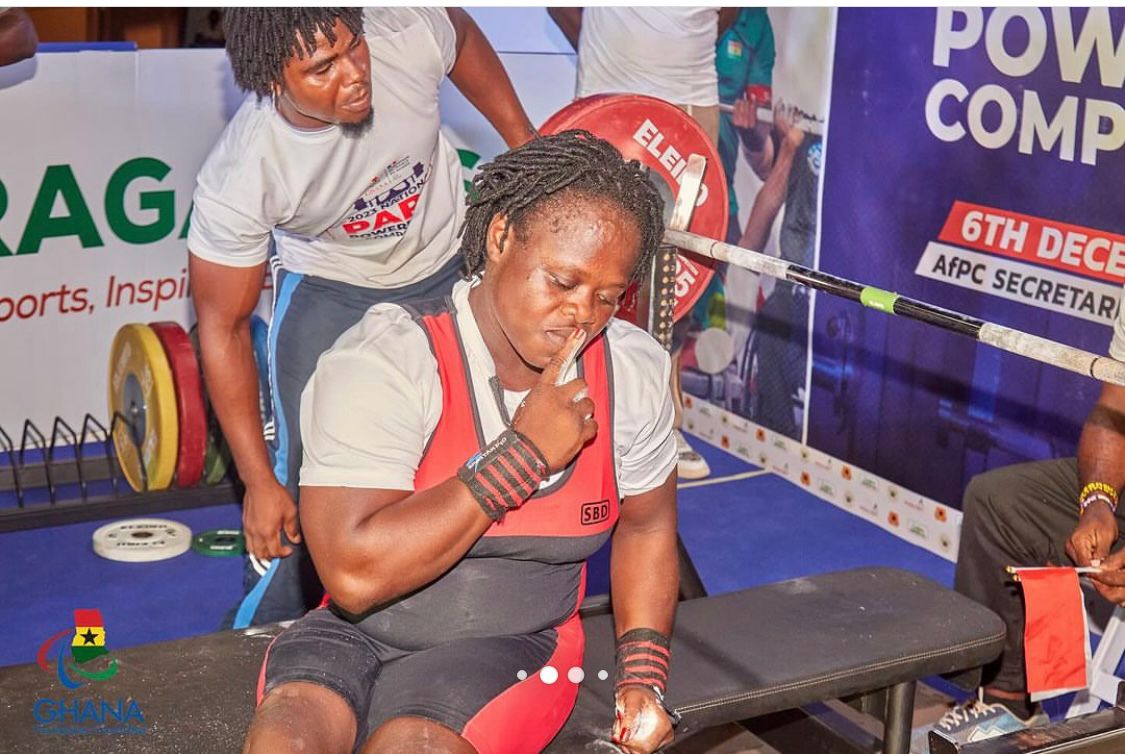
Nearly two decades after the passage of the Persons with Disability Act (Act 715), the country continues to fall short of implementing the basic rights it guarantees to millions of citizens with disabilities.
A new research report by disability advocacy organisation Same Opportunities for All (SOFA) has described the situation as “a crisis of accountability and political will,” calling for urgent reforms to close the gap between law and lived reality.
The report dubbed ‘From Promises to Practice: A Critical Analysis of Disability Rights, Programme Implementation and Lived Experiences in Ghana’, finds that while the 2006 Act was designed to secure equal access to education, employment, healthcare, and public participation for persons with disabilities, enforcement has been “sporadic, fragmented, and weak.”
Despite constitutional guarantees and Ghana’s ratification of the UN Convention on the Rights of Persons with Disabilities (UNCRPD), the absence of a Legislative Instrument (L.I.) to operationalise parts of the Act has left it largely symbolic.
The study noted that many provisions are already self-executing and legally binding, meaning they can be enforced without further regulation, yet they are routinely ignored by public institutions and employers. “Ghana does not suffer from a legislative vacuum; it suffers from a failure to act. The problem is not the absence of law, but the absence of enforcement,” the report noted.
The research highlighted persistent barriers to education, healthcare, and economic inclusion. It cited inaccessible school buildings, discriminatory hiring practices, and a lack of disability-sensitive infrastructure as continuing violations of Act 715.
With more than eight percent of the population as PWDs, these shortcomings have left many citizens unable to exercise rights that are already protected by law. The report also pointed to institutional weaknesses at the National Council on Persons with Disabilities (NCPD), established under the Act to coordinate disability policy and advise the government. The Council, it argued, lacks statutory power, funding, and visibility. Many Ghanaians, including those with disabilities, are unaware of how to engage with it.
The authors – Chelsea Nyantakyi, Ghislaine Matsakawo, Dr. Joanna Gunab– warned that plans to convert the NCPD into a Commission on Disability Inclusion will be meaningless unless it is given real enforcement authority and operational independence. Beyond legislative inertia, the report criticises what it calls “the misplaced perception of disability as a welfare concern rather than a development priority.” It urged government and public institutions to treat inclusion as an economic and human rights imperative, not as charity.
SOFA recommended that the government immediately pass the long-delayed L.I., strengthen the institutional framework for disability governance, and ensure that enforcement is backed by funding, monitoring, and accountability mechanisms.
It also called for greater transparency in the use of disability-related funds such as the District Assemblies Common Fund (DACF) allocation. “The time for symbolic gestures is over. What persons with disabilities need now is not more legislation, but the enforcement of rights already guaranteed by law,” the authors insisted.
The post Two decades on, Disability Act still unenforced – report appeared first on The Business & Financial Times.
Read Full Story

















Facebook
Twitter
Pinterest
Instagram
Google+
YouTube
LinkedIn
RSS